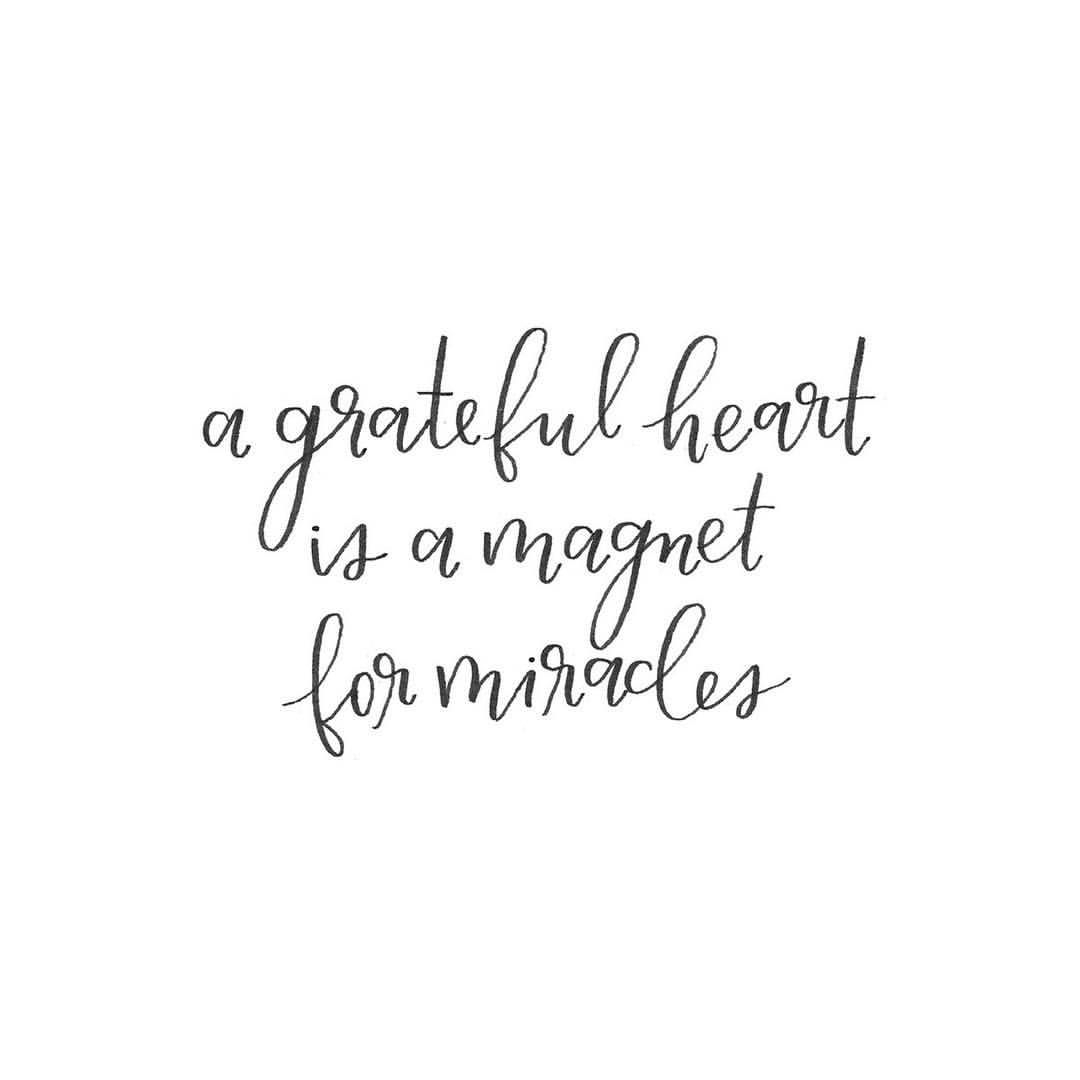Is it your surroundings, or is it you?
The 21st century has found in its wake increased discussions about mental health, feelings of hopelessness and feeling worn out. The pandemic, with its sudden changes and impact on our thought process, has inevitably increased discussions among all generations, especially the younger ones, about these negative feelings.
While it is comforting to know you are not the only one feeling sick of exam pressure or work pressure or societal standards, we have all heard the phrase "Misery loves company". This phrase, though common, describes many of our current situations very well.
On one hand, having conversations about these feelings and frustrations is a good way to validate the way you feel and get input about it. But on the other, these sometimes lead to shared feelings of hopelessness- where both people end up venting the same frustrations. On being unable to find solutions for these problems, the only thing we end up doing is criticising our circumstances and increasing these feelings of dissatisfaction.
This leads many of us to develop an attitude, where we begin to believe that the world we see through the glasses of criticism and dissatisfaction is real. Or simply put, 'everything is as bad as it seems.' or 'the problem isn't me, but my surroundings.'
This mindset is a very common one because it is an easier path to take the blame off yourself and place it on something happening to you that may not be as bad as it seems. Some people don't even realise when this happens.
Over time, we become ungrateful. We become critical of everything happening to us, we become dissatisfied, frustrated and resentful of our lives. We forget what it felt like to be happy, to be without resentment and to feel blessed.
When we share these feelings with others, they too may become frustrated by the same problems. They feel like they've been wronged, and an overall sense of misery develops in relations and daily lives. Nothing feels good enough, nothing seems worth hoping for.
I'm sure all of us have heard the phrase "you're lucky for __" or "you should be grateful you have __" so much that we become frustrated by it. We develop a defence mechanism against it by thinking- well guess what, there's so much wrong with my life that I can't fix! How am I lucky?
But it's time to accept you are. Denying the privilege we have in life doesn't make us any less privileged. It doesn't make you any happier, and it makes us take things for granted. We want a solution to our problems, but do we? What will we complain about then? Something else.
Here's the deal. You'll never be truly satisfied with your life. As problems resolve, more problems arise. It's the way of life. It's the reason happiness is as valued as it is. What value will you have for something that's never been taken away from you? Isn't it the same for everything else in your life?
You're upset about something else, but what if I took something that's already in your life from you? We don't care about a lot of what we have because it's never been taken from us.
You don't have to be happy all the time, you don't have to ignore obvious inconveniences. You don't have to feel wrong for complaining about problems sometimes. But learn to distinguish between real problems and ones that are created by your mindset.
And remember: if you truly want something, nothing can stand in your way. If you don't, excuses are ample around us.
Ask yourself, is it my surroundings, or is it me?
And lastly,
be grateful.
~Twinkle



THIS IS AMAZING IM FLABBERGASTED, writing and grammar is literally out of this world 🥺 <3
ReplyDeletethank you so much!! 🥺🥺💕
Delete